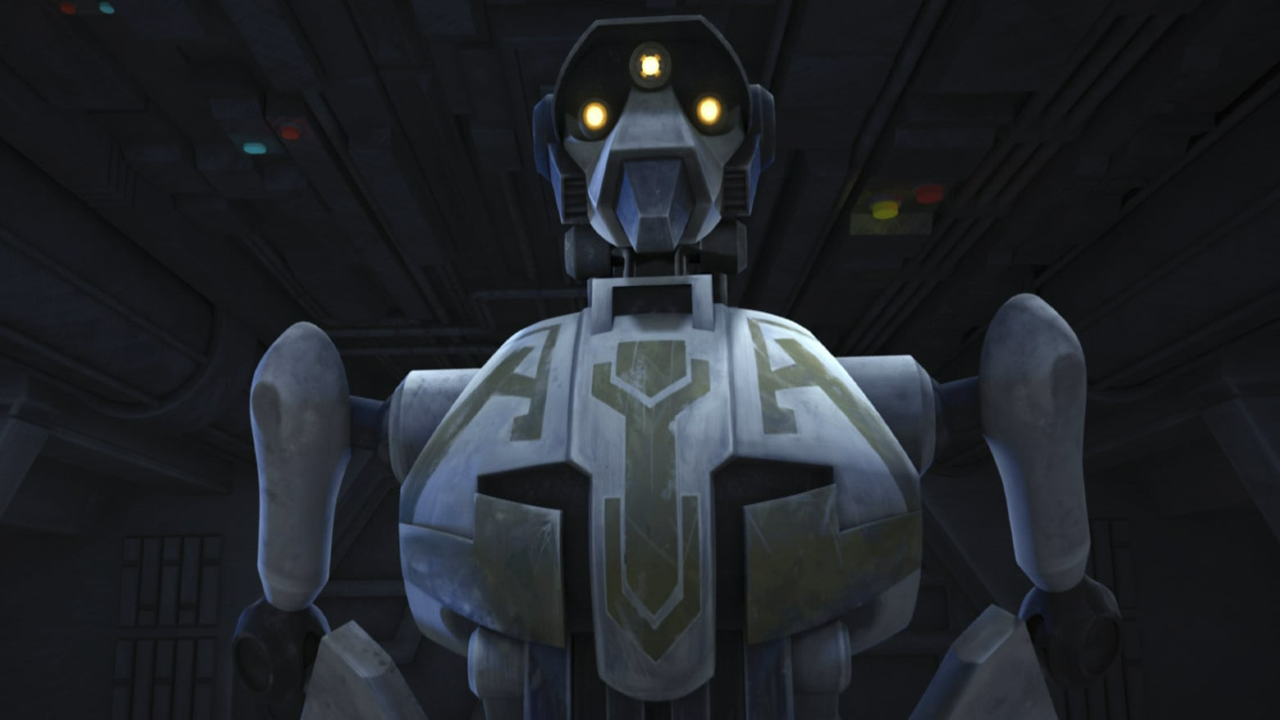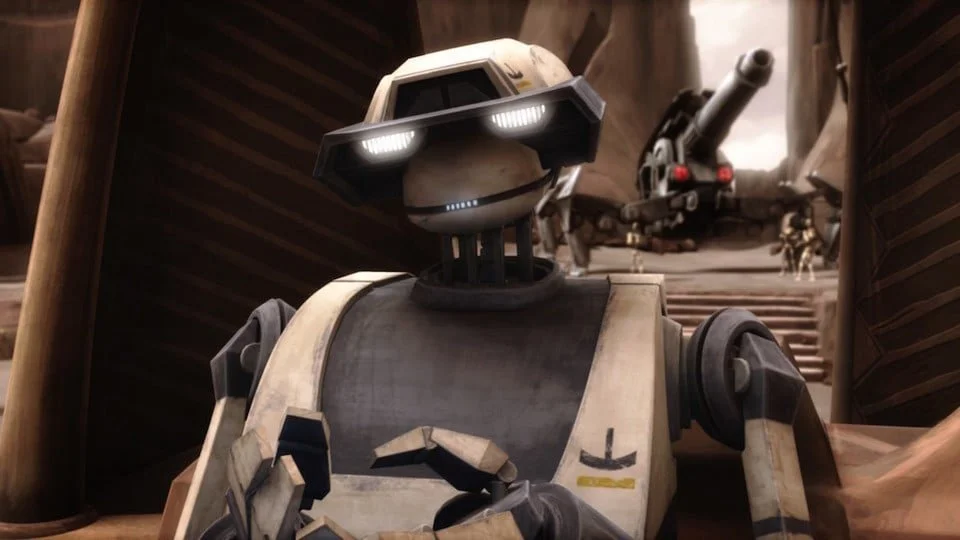This Is Why The CIS Switched To The Super Tactical Droid During The Clone Wars
Image Source: Star Wars.com
Sheer intelligence and the logistics of the person in charge are the only things that matter when you need to get a job done, right? I mean, who cares if the person in charge of the whole thing has tunnel vision? Who cares if they disrespect the people both above and below them? Who cares if they’re so stubborn that no matter how wrong they are, they will stick to their plan? Oh, wait, you’ve had a co-worker like that before and it sucked? You even would go so far as to say you hated working with them? Well, now I guess you know what it’s like to work with a T-series tactical droid.
Source: Star Wars.com
T-series battle droids, also known as tactical droids, were introduced as tacticians for the CIS in Star Wars: The Clone Wars. This gave the crew of the show a recurring type of villain that could be easily defeated by the heroes, allowing the more scary separatist leaders like Count Dooku and General Grievous to keep their fearsome reputation. They were designed to be everything you would associate with machines: brilliant and completely logical, with a advanced understanding of tactics and statistics. However, when it came to taking unorthodox variables into account, such as the strength of a Jedi or the impact of third parties, they were not only blind to the ideas, but almost completely incapable of adapting to the situation. This meant that they would be unable to adjust because that would mean they weren’t right; and according to themselves, they are always right.
RELATED:
A great example of this is the Clone Wars episode “Innocents of Ryloth,” when TX-20 had Obi-Wan defeated but dismissed the idea of the nearby Twi'leks coming out from cover to interfere, simply because it was illogical for them to do so. When they did, he simply repeated the phrase “does not compute” due to utter bewilderment rather than doing anything to counter their attack, and he was defeated as a result.
However, this was not a weakness of the Super Tactical Droid that ended up replacing them. They didn’t have the sheer overconfidence of their predecessors, and as a result, were willing to admit to being wrong, accept input from others, and to even call a retreat if they knew a situation was truly lost. They were also able to understand and adapt to opponents using unusual tactics. These advantages led them to take over as commanders, and the Tactical Droids were diverted to handle more menial tasks.
READ NEXT:
Source(s): Geetsly, Wookieepedia




